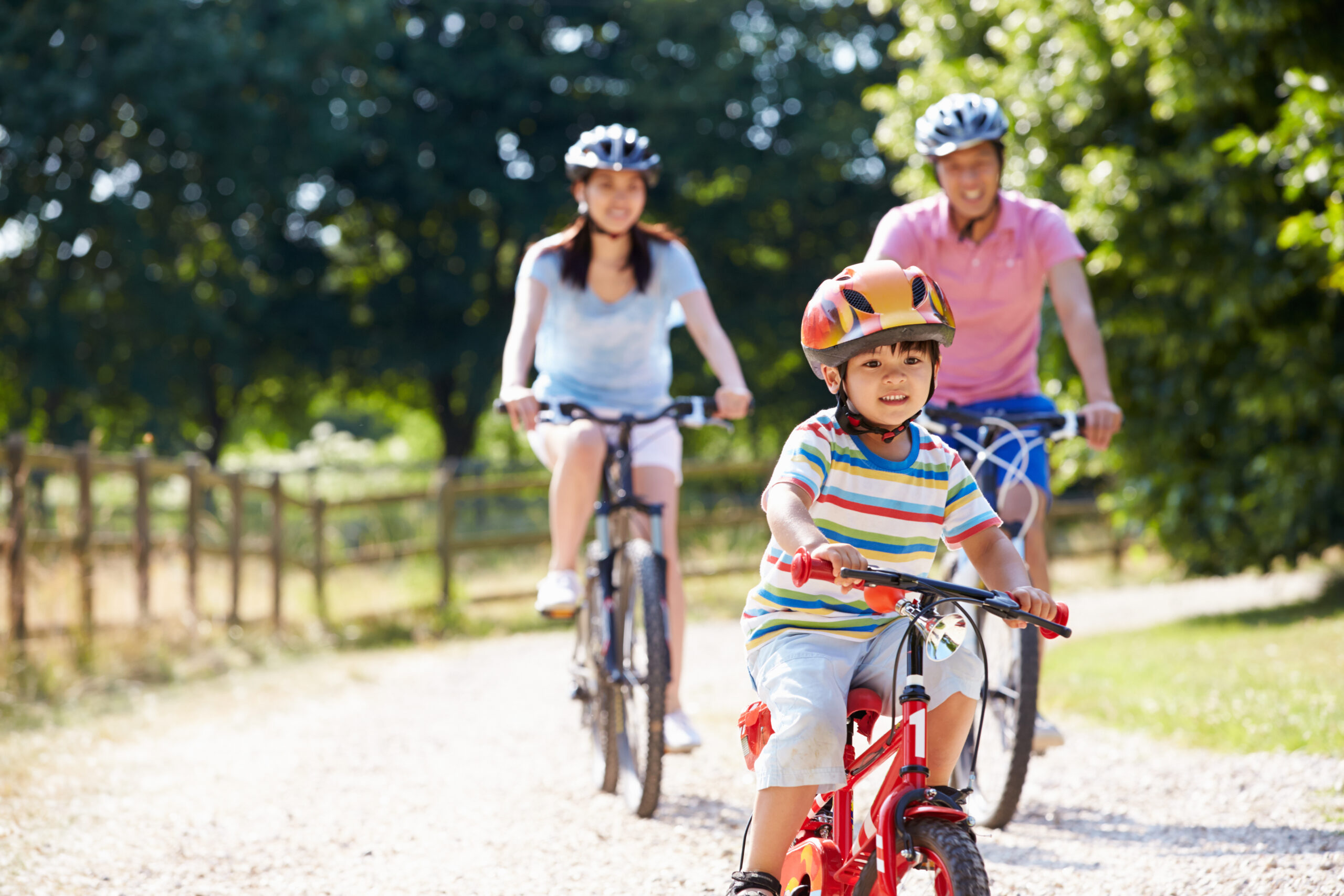The U.S. Department of Health and Human Services has named July as Ultraviolet (UV) Safety Month. The main goal of this observance is to educate on the importance of protecting your skin from the harmful effects of UV rays. According to the Centers for Disease Control and Prevention (CDC), skin cancer is the most common type of cancer in the US and affects roughly 5 million Americans annually.
 This year, it is especially important to spread awareness. Due to COVID-19, outdoor activities that adhere to social distancing guidelines, such as camping, hiking, biking, etc., are on the rise. While staying active and spending time outdoors come with many health benefits, it also exposes you to harmful UV rays, and proper precautions need to be taken.
This year, it is especially important to spread awareness. Due to COVID-19, outdoor activities that adhere to social distancing guidelines, such as camping, hiking, biking, etc., are on the rise. While staying active and spending time outdoors come with many health benefits, it also exposes you to harmful UV rays, and proper precautions need to be taken.
What is Skin Cancer?
Your skin is the largest organ in your body and helps protect against injury and infections, and also helps regulate body temperature. It is made up of two layers: the epidermis (outer layer) and the dermis (inner layer). Skin cancer begins in the epidermis and can metastasize (spread) to other parts of the body.
Skin cancer is usually caused by overexposure to UV rays, either outside or at tanning beds and occurs when your skin cells begin to mutate and grow abnormally.
Symptoms of Skin Cancer
How do you know if you have skin cancer? Different types of skin cancer can show up in different ways.
- Basal cell carcinoma may show up as a pearly or waxy bump on the skin, a scaly patch, or an open sore that doesn’t heal.
- Squamous cell carcinoma can show up as a red nodule, a scaly patch, or a sore.
- Melanoma occurs in the cells that give the skin its pigment. It can show up as a change in a mole, or the development of new areas of pigmented skin. Melanoma is a more rare, but more serious type of skin cancer.
Always let your doctor know if you notice any abnormalities on your skin.
Skin Cancer Prevention
There are many things you can do to decrease your chances of getting skin cancer. Here are some quick tips to keep in mind the next time you head outside:
- Limit your exposure to direct sunlight. The sun’s rays are strongest between 10 am and 4 pm. Limit your time in the sun during these hours. Seek shade when possible.
- Wear protective clothing. When possible, aim for long sleeves, pants, and a hat. If that’s not practical, try wearing a T-shirt or a beach cover-up.
- Wear sunscreen. Look for an SPF of at least 30 that is water-resistant and broad-spectrum. And remember, it takes time for your skin to absorb sunscreen, so it’s best to apply 15-30 minutes before you go out in the sun. Reapply sunscreen at least every 2 hours and after swimming, sweating, or toweling off.
- Sport some sunglasses. Sunglasses protect your eyes from UV rays and reduce the risk of cataracts and other eye problems. Wrap-around sunglasses that block both UVA and UVB rays offer the best protection by blocking UV rays from the side.
- Watch out for reflections. Be extra careful around surfaces that reflect the sun’s rays, like snow, sand, water, and concrete.
Stay Safe Outdoors this Summer
Even if you’re careful about your UV light exposure, there’s still a chance you may develop skin cancer. To catch it early, it’s important to schedule annual skin exams with a professional, such as your Family Medicine physician.
Remember, skin cancer is highly preventable and treatable.
Get the care you need – request an appointment today!